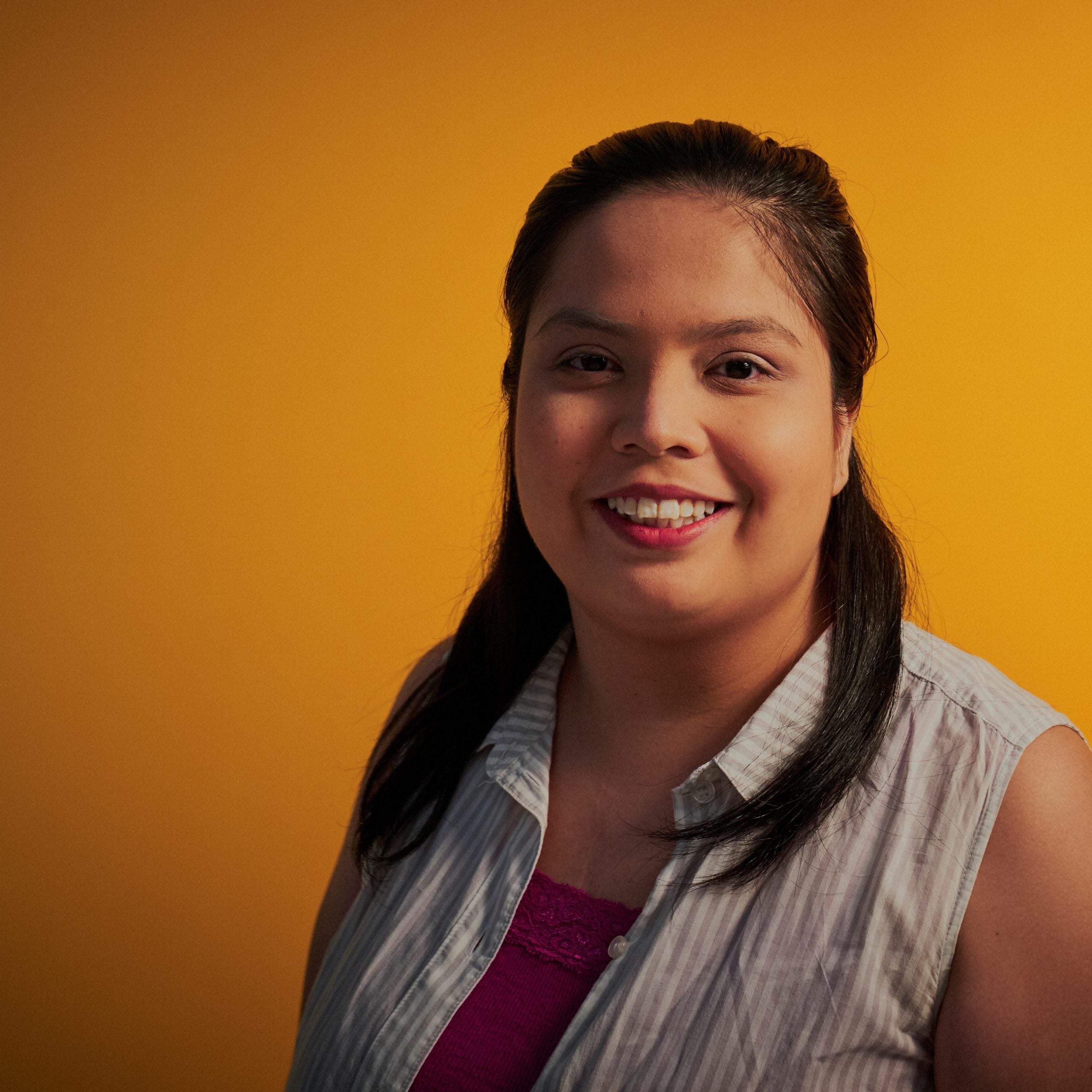Where science and arts meet
July 07, 2022
Photo credit: Joel Lim @ Calibre Pictures. Courtesy of Checkpoint Theatre.
When Cheyenne Alexandria PHILLIPS shares that she is a writer, performer and associate artist at Checkpoint Theatre, people are often surprised that her degree is not in literature or theatre, but in environmental biology.
To Cheyenne, it is her passion in the sciences that fires her imagination in writing. She says, “Science allows me to draw links and make connections between seemingly different fields and bring them together in a meaningful story or poem.”
Cheyenne writes about the intersections between art and science, exploring themes like COVID-19 through audio pieces, like Vulnerable, an eight-part autobiographical podcast about her experience in the pandemic as a freelancer who is medically vulnerable.
“Arts is a natural extension of my learning experiences in NUS,” she says. In addition to her Major in Environmental Sciences, Cheyenne read a Minor in Communications and New Media.
She admits that had she not pursued her degree, she would have “been ill-equipped to deliver the detailed and in-depth narratives” that she has written and performed.
The arts do not only provide a safe space for Cheyenne and her audiences to examine and interrogate complex world views in depth. It is also through arts education that she can “help inculcate a sense of empathy among young people, especially in today’s polarising world.”
Her multidisciplinary studies also provided her other transferable skills. For instance, reading modules in environmental law and copyright law enabled her to write grants for environmental initiatives, a skill which she has adapted to apply for arts funding, grants and residencies and programmes around the world.
When asked about her future career plans, Cheyenne says she remains passionate about environmental issues and wants to continue writing about the natural world and conservation, as well as to curate more literary and arts tours that allow active audience participation and creation.
“I want to use art as a bridge for audiences to be more involved in the conversation about environmental protection and to encourage them to take action.”
Cheyenne is also currently part of the first cohort of Young ASEAN Storytellers (2022) under the ASEAN Centre for Biodiversity, which showcases youth voices on living in harmony with nature.


